-
SUNDAY
-
3:00 - 6:00 p.m.
Registration
-
6:30 - 8:30 p.m.
Informal Reception (buffet dinner provided)
-
MONDAY
-
7:00 - 7:45 a.m.
Optional yoga
-
7:30 - 8:30 a.m.
Optional hike
-
7:00 - 9:00 a.m.
Breakfast
-
9:00 a.m. - 12:30 p.m.
Creating a safe learning environment
-
12:30 - 2:00 p.m.
Lunch
-
2:00 - 5:00 p.m.
Surfacing our deepest beliefs, values, and mental models about prosocial development within the school context
-
TUESDAY
-
7:30 - 8:30 a.m.
Optional hike
-
7:00 - 9:00 a.m.
Breakfast
-
9:00 a.m. - 12:30 p.m.
Caring for ourselves and building our own social-emotional competencies
-
2:00 - 5:00 p.m.
Using the science of social-emotional well-being and mindfulness to nurture the teacher-student relationship (special speaker Dr. Dante Dixon)
-
WEDNESDAY
-
9:00 a.m. - 12:30 p.m.
Using the science of empathy and compassion to build a positive school climate
-
2:00 - 5:00 p.m.
Using the science of forgiveness and gratitude to build a positive school climate (special speaker Dr. Fred Luskin)
-
THURSDAY
-
9:00 a.m. - 12:30 p.m.
Prosocial Development (special speaker Emily Campbell)
-
2:00 - 5:00 p.m.
Taking it home (sharing what you learned and experienced with those back home) (special speakers Mary Hurley, Josh Bloom, and Dr. Amy Honigman)
-
FRIDAY
-
9:00 a.m - 12:00 p.m.
Open Space (participants hold discussion groups on topics of their choice)
Closing
-
12:00 p.m.
Check-out/Lunch
- Venue: Clark Kerr Campus, UC Berkeley
- Date: Sunday, June 25 - Friday, June 30, 2017 OR Sunday, July 16 - Friday, July 21, 2017
-
Price: $2,400, which includes tuition, lodging, most meals, and materials. Limited partial scholarships are available.
-
What Is the Greater Good Summer Institute for Educators?
A quantum shift in how we educate our children is taking place in schools all over the world. Academic knowledge alone is no longer sufficient in helping students to cultivate happy, productive, and meaningful lives, and to make a positive contribution to their communities and the world. Indeed, a 2014 study found that emotional health and prosocial (kind and helpful) behavior in childhood had greater long-term impact on adult well-being than academic success.
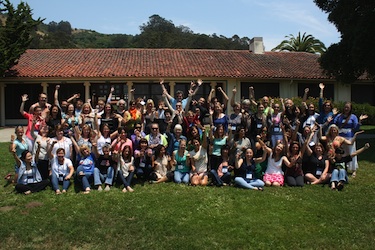
In addition, the rapidly growing body of research on social-emotional learning, mindfulness, ethical development, mindsets, identity, purpose, and other non-academic topics – or what we here at the Greater Good Science Center call the “Science of Prosocial Human Development and Education” – is deepening our understanding of the learning process and, at the same time, challenging our beliefs about what exactly we are educating for.
Schools are beginning to address this gap in student development by adopting social-emotional learning, mindfulness, character education, and other non-academic programs. Yet, to be truly impactful, the precepts of these programs need to be integrated in developmentally and culturally appropriate ways into all areas of education, such as school and classroom climate, teacher-student relationships, adult relationships and well-being, content, and pedagogy.
The Greater Good Science Center’s Summer Institute for Educators provides education professionals from all over the world the opportunity to expand their knowledge of the science of prosocial human development and, most importantly, to learn how the practical application of this science can be used to help them build classrooms and schools where both the students and adults thrive and where education becomes about more than just test scores and future job skills.
What Will You Experience?
In addition to listening to brief lectures and learning practical applications of the science, participants will engage in deep self-reflection, thought-provoking discussions, and collaborative strategy sessions as they consider how this science applies to the various aspects of education mentioned above. They will also have the opportunity to informally share with each other what they are already doing to create thriving classrooms and schools.
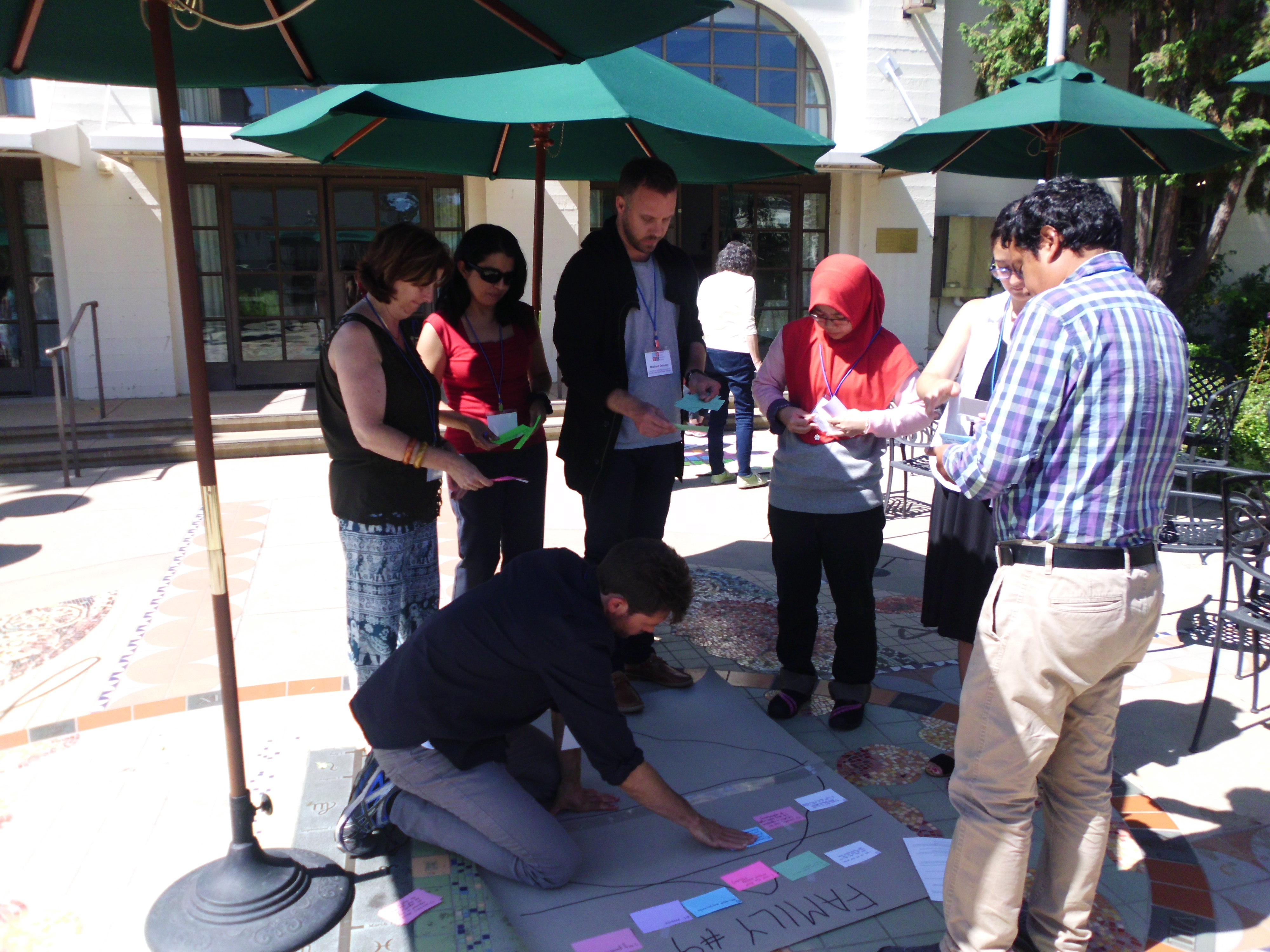
Ultimately, participants will leave empowered with cutting-edge, science-based, culturally relevant, and developmentally appropriate strategies, tools, and processes to implement these important aspects of student and adult development in their school environments.
Learning Objectives
Participants will:
- Understand how the integration of social-emotional learning, mindfulness, and character education creates a comprehensive and holistic blueprint for the social, emotional, and ethical development of both students and adults.
- Understand and practice how to view education through the lens of “prosocial human development", including social-emotional learning, mindfulness, identity, purpose, mindset, and ethical development.
- Examine and understand how our beliefs about social, emotional, and ethical development affect our work with students and as education professionals, in general.
- Learn and create culturally and developmentally appropriate, research-based tools, strategies, and processes for integrating the science of prosocial human development into many areas of education, including the teacher-student relationship, student and adult well-being, school and classroom climate, content, and pedagogy.
- Develop strategies for sharing this work with others back home.
Who Should Attend?
Pre-K through university-level educators, counselors, psychologists, school and district-level administrators, and pre-service teacher and administrator educators who are interested in cultivating the prosocial development and well-being of students and the adults who work with them.
How to Apply
Please note that our application process has changed from previous years.
To apply, please click on the “Application” tab and complete the online form. Applications will be considered on a rolling basis and applicants will be notified of their status within approximately two weeks from the time of submission.
The application deadline is February 1st, 2017. However, once a session is full, applications received henceforth will automatically be added to the wait list. Apply early to ensure consideration for a spot at one of the 2017 sessions.
Payment will be due in full one month after acceptance to the institute.
Groups of three or more from the same school and/or district will receive a 10% discount per person.

 Housing accommodations are located at the University of California, Berkeley, Clark Kerr Campus--a beautiful Spanish-style complex, highlighted by terra cotta accents, tiled fountains, and landscaped courtyards. Situated in a lovely Berkeley neighborhood, the campus is within walking distance of restaurants, shops, and the UC Berkeley main campus. For outdoor enthusiasts, there are several hiking trails with breathtaking views of the San Francisco Bay directly behind the campus.
Housing accommodations are located at the University of California, Berkeley, Clark Kerr Campus--a beautiful Spanish-style complex, highlighted by terra cotta accents, tiled fountains, and landscaped courtyards. Situated in a lovely Berkeley neighborhood, the campus is within walking distance of restaurants, shops, and the UC Berkeley main campus. For outdoor enthusiasts, there are several hiking trails with breathtaking views of the San Francisco Bay directly behind the campus.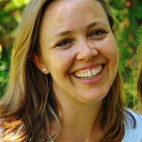
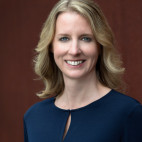
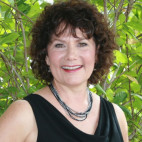
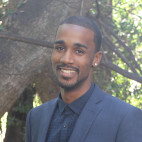
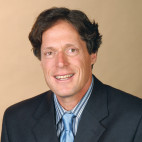
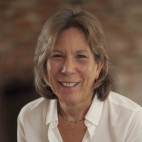
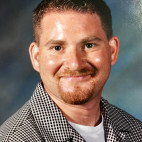
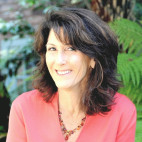
 "The institute was the best I have ever attended. The leadership and conference design have been impeccable. You guys are so attuned to the needs and predilections of teachers."
"The institute was the best I have ever attended. The leadership and conference design have been impeccable. You guys are so attuned to the needs and predilections of teachers."